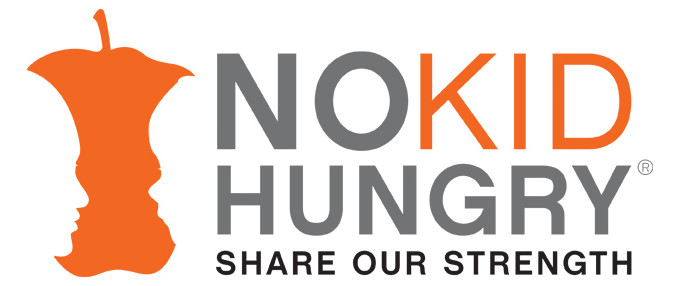In today’s fast-paced world, finding ways to maintain a healthy, sustainable lifestyle can often seem challenging. However, one simple yet effective solution has been under our noses (or in our freezers) all along. Food freezing is not only a method to preserve the freshness and nutritional value of food, but it also offers numerous benefits that might not be immediately apparent. Here’s why incorporating frozen foods into your diet is a smart, eco-friendly choice.
Preservation of Nutrients
When it comes to nutrition, frozen foods can actually surpass their fresh counterparts, especially if the fresh produce has been transported over long distances or stored for extended periods. Freezing food locks in vitamins and minerals at the peak of ripeness. This means you’re more likely to enjoy the full nutritional benefits of fruits and vegetables, regardless of the season or your proximity to farms.
Reducing Food Waste
Food waste is a significant issue globally, with vast amounts of resources wasted in food that is never eaten. Freezing food is a practical way to extend its lifespan significantly, thereby reducing the likelihood of throwing it away. This not only helps in minimizing waste at a household level but also reduces the cumulative burden on our planet’s resources.
Convenience and Versatility
The convenience of frozen foods is unparalleled. Having a freezer stocked with a variety of ingredients means you’re always ready to whip up a meal, reducing the temptation to opt for less healthy, highly processed fast food options. Whether it’s vegetables, fruits, or proteins, frozen foods retain their quality and taste, making them a reliable and versatile choice for cooking.
Economic Benefits
Opting for frozen foods can also lead to substantial savings. Frozen products often come at a lower cost compared to fresh, especially for out-of-season or exotic items. Additionally, the ability to use only what you need and save the rest for later means that your grocery budget can be stretched further without sacrificing the quality of your meals.
Sustainability
From a sustainability perspective, freezing food helps reduce food transportation frequency, which in turn lowers carbon emissions associated with logistics. Moreover, the packaging of frozen foods is typically designed for longer shelf life, which means it often requires less frequent replacement and transportation compared to its fresh counterparts.
Embracing a Healthier Diet
Integrating frozen foods into your diet doesn’t mean you’re compromising on quality. On the contrary, it opens up opportunities to enjoy a diverse array of foods that might not be available locally. With companies dedicated to providing high-quality frozen products, like those found on Cool Simple, you can easily complement your diet with nutritious options that are both good for you and the environment.
In conclusion, the freezing of food is a practice as old as time but with modern technological advances, it has become an even more crucial part of our efforts to lead sustainable, healthy lives. So next time you’re meal planning or grocery shopping, consider the frozen food aisle and take a step towards a more sustainable, nutritious, and practical way of eating.






